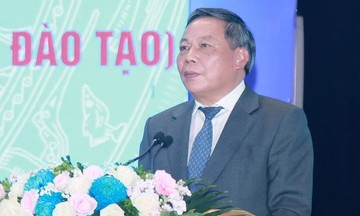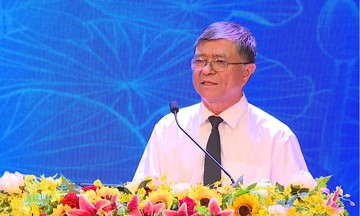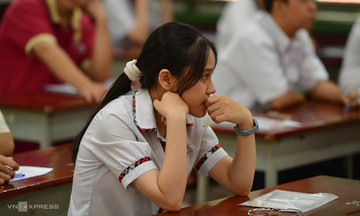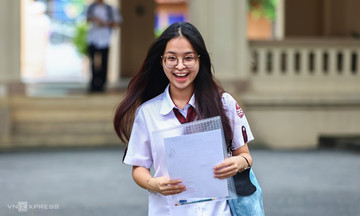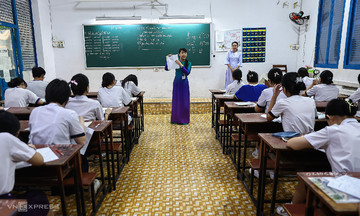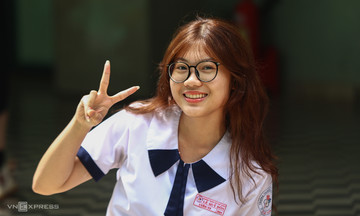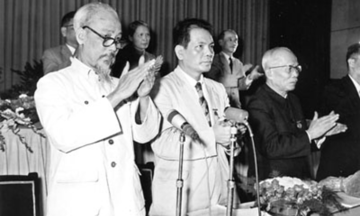Fulbright University Vietnam employs an interdisciplinary approach grounded in the American liberal arts and science, technology, engineering, and mathematics (STEM) education models. Students are encouraged to spend their first two years exploring humanities, social sciences, mathematics and computer science, and science and engineering. Through these foundational courses, they develop creative and systems thinking skills, gaining self-awareness and identifying suitable majors.
With AI projected to displace 92 million jobs by 2030 and 39% to 44% of current skills at risk of obsolescence (World Economic Forum's "The Future of Jobs Report 2025"), Fulbright emphasizes interdisciplinary thinking as key to maintaining human agency. Students are guided to develop independent thinking to address community issues, a realm where AI cannot yet replace human intellect.
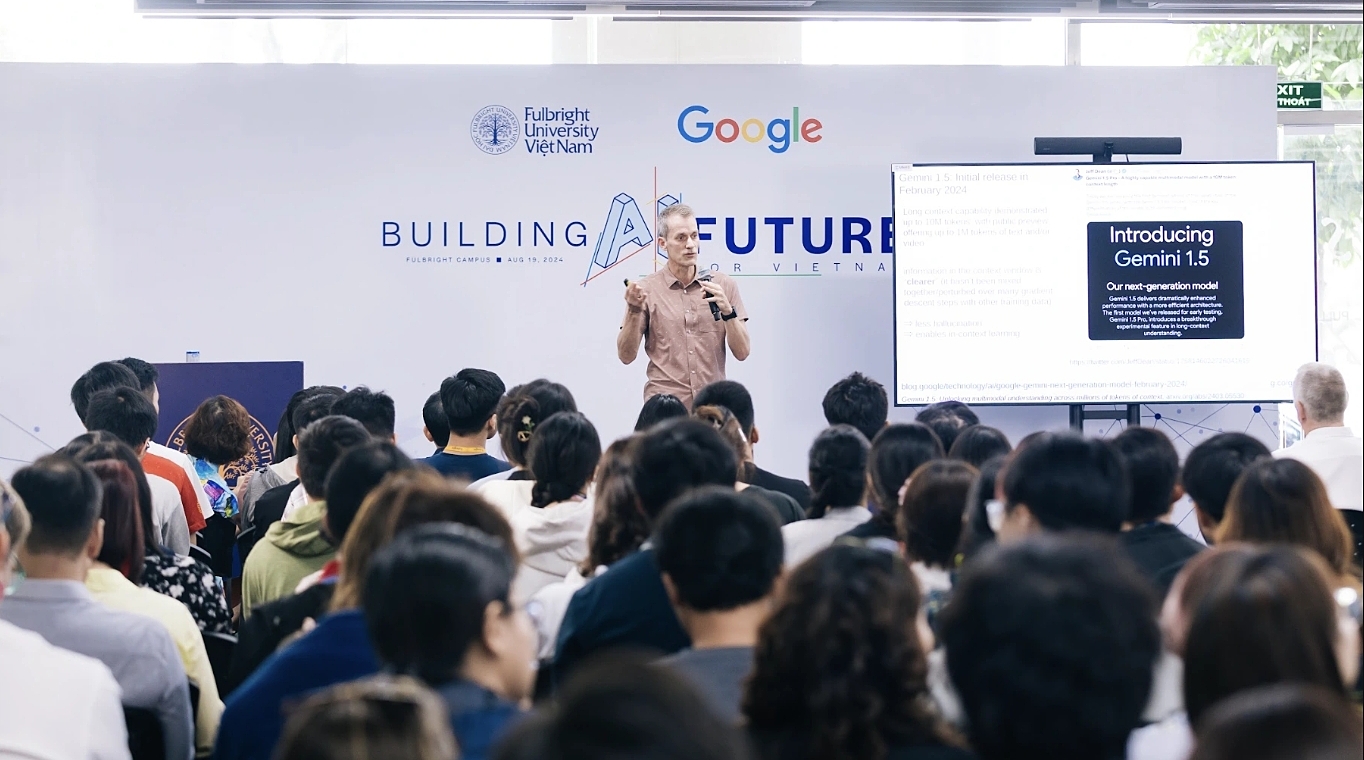 |
Mr. Jeff Dean, Senior Vice President of Google and Chief Scientist of Google DeepMind, speaks at the event where Google granted .5 million to Fulbright University Vietnam for AI education programs. Photo: Fulbright |
Mr. Jeff Dean, Senior Vice President of Google and Chief Scientist of Google DeepMind, speaks at the event where Google granted $1.5 million to Fulbright University Vietnam for AI education programs. Photo: Fulbright
A prime example is Luong Ngoc Chung, a recent social studies graduate and one of the top 10% of the 2025 graduating class. Passionate about sustainable development and social equity in energy transition, Chung collaborated with a youth group to draft an open letter proposing solutions to ensure Vietnamese youth representation in energy policies. This initiative, part of the Green Youth Labs project organized by Friedrich-Ebert-Stiftung Vietnam under the International Climate Initiative, was presented at the 2024 United Nations Climate Change Conference (COP29) in Azerbaijan.
The proposal was subsequently presented and discussed in Vietnam at the National Youth Forum on Energy, in Germany with other stakeholders, and finally at COP29.
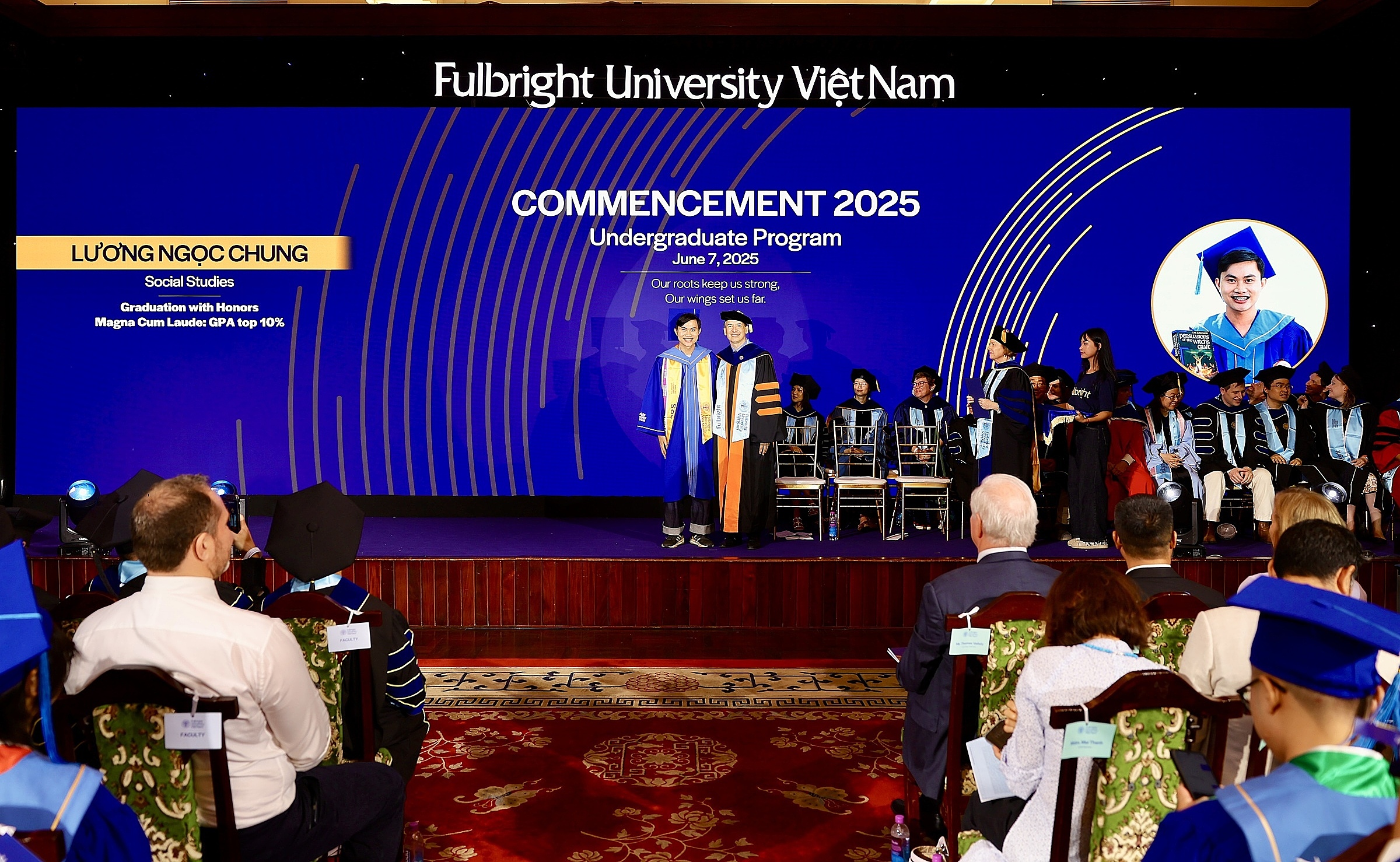 |
Recent graduate Luong Ngoc Chung receives his diploma. Photo: Fulbright |
Recent graduate Luong Ngoc Chung receives his diploma. Photo: Fulbright
Fulbright notes that many Vietnamese universities still adhere to a linear education model, linking one major to a specific career. However, in the age of AI, with emerging fields like AI ethics engineer and virtual experience architect, this approach may not adequately equip graduates with the skills and adaptability demanded by the current job market.
Higher education needs to shift toward interdisciplinary training, preparing students not just for specific jobs but for adaptability, innovation, and tackling complex issues like social inequality, climate change, and digital education. Some Vietnamese universities have begun integrating this approach to cultivate a more versatile and well-rounded workforce.
Fulbright highlights how interdisciplinary thinking equips students with broad knowledge and skills, making them stand out to employers. For instance, Tran Kim Ngan, a recent computer science graduate, leveraged her knowledge of machine learning, information technology, and mathematics to secure a product management trainee position at Zalopay during her freshman year. Many other Fulbright students have been recruited by companies like VNG, Momo, Unilever, Bain & Company, Shopee, and Intel.
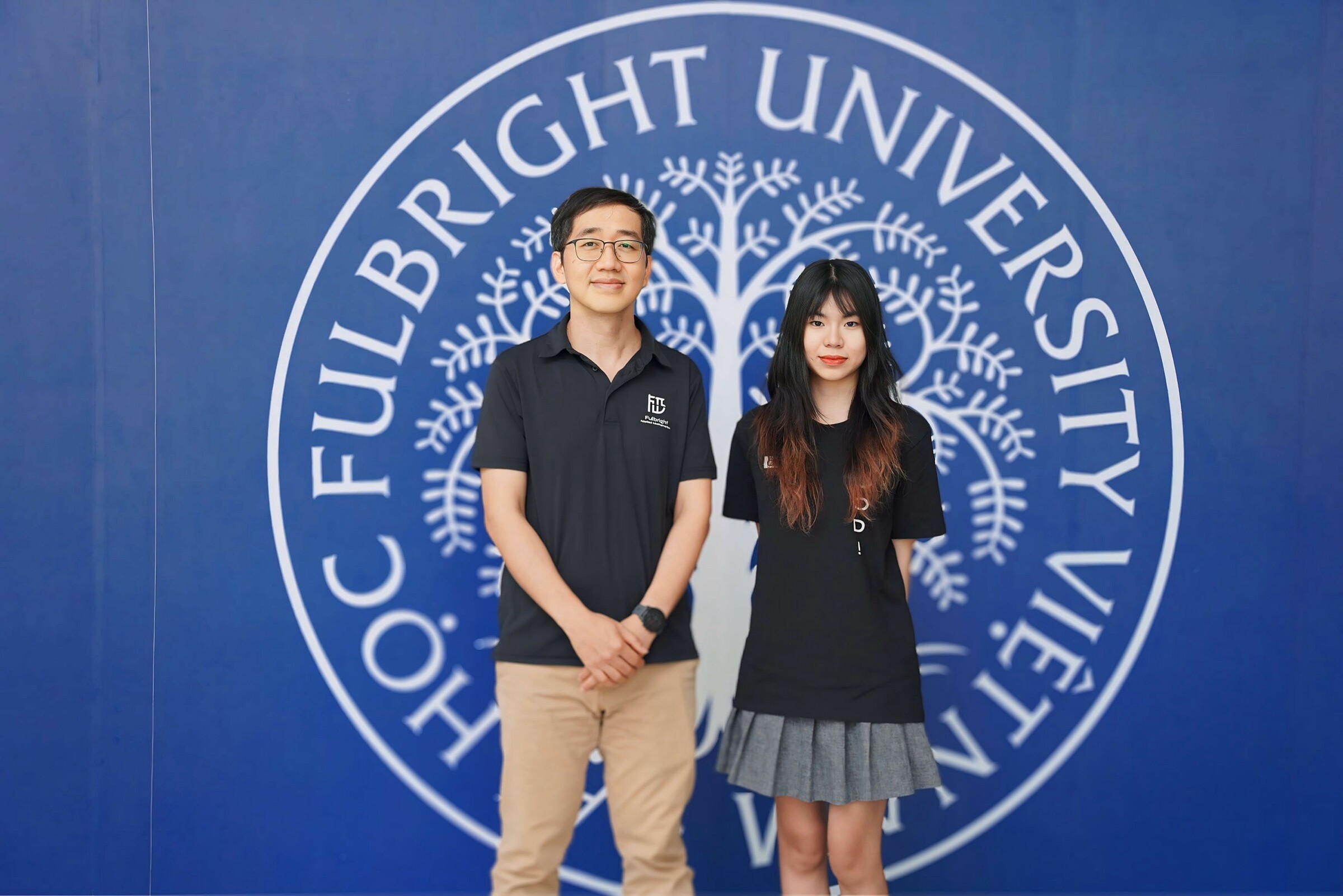 |
Kim Ngan (right) during her time at Fulbright University Vietnam. Photo: Fulbright |
Kim Ngan (right) during her time at Fulbright University Vietnam. Photo: Fulbright
Fulbright University Vietnam is establishing an AI Research Institute in partnership with Google, implementing a comprehensive AI strategy, and plans to offer an artificial intelligence major in the future. The university aims to cultivate a generation of innovators capable of adapting and playing a leading role in the AI era.
Thai Anh
Learn more about liberal arts education and how to apply to Fulbright University Vietnam here.



